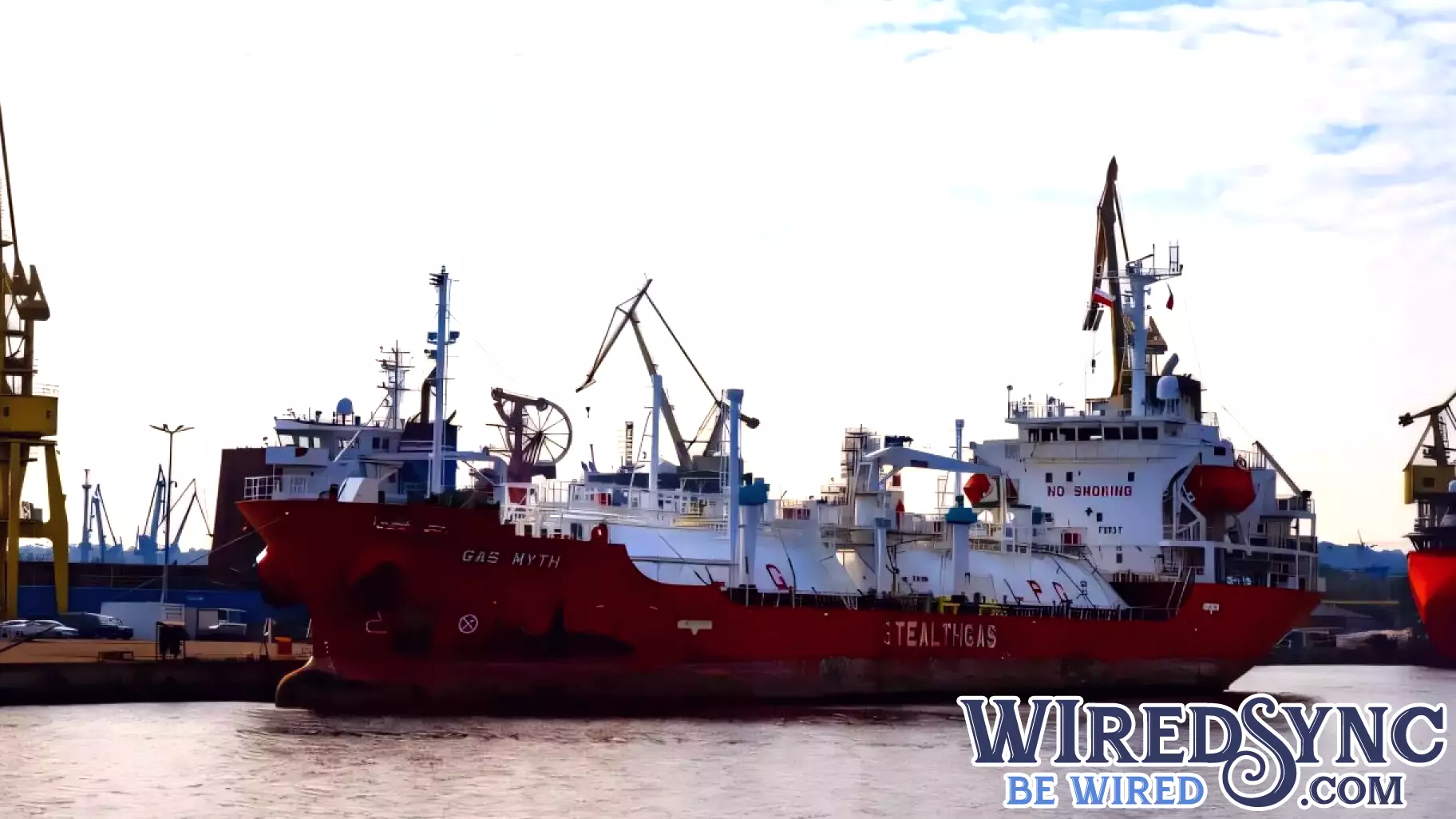Innovative Solutions to Prevent Biofouling on Ship Hulls
November 15, 2024 - 23:08

Preventing marine organisms from attaching to tanker hulls is a significant challenge in the maritime industry. The colonization of these organisms, known as biofouling, can lead to increased fuel consumption, higher maintenance costs, and potential environmental damage. To tackle this issue, researchers and engineers are exploring innovative solutions rooted in chemistry.
One promising approach involves developing advanced coatings that create a hostile environment for marine life. These coatings can deter organisms from settling on the hull while allowing for easy cleaning and maintenance. Additionally, some strategies focus on using biocides or other chemical agents that inhibit the growth of these organisms without harming the marine ecosystem.
Another avenue of research is the use of nanotechnology to enhance the properties of hull materials. By manipulating surfaces at the molecular level, it is possible to create textures or chemical compositions that are less appealing to marine organisms.
As the shipping industry continues to seek sustainable practices, these technological advancements hold the potential to significantly reduce the impact of biofouling, promoting both economic efficiency and environmental stewardship in maritime operations.
MORE NEWS

March 5, 2026 - 06:14
Farm Day returns to Kern County, showcases new AI technologyThe annual Farm Day event has once again opened the gates for Kern County`s elementary school students, offering a vibrant, hands-on journey from field to fork. This immersive experience provides a...

March 4, 2026 - 21:16
UA’s Alabama Mobility and Power Center to Integrate Honeywell Technology in Battery Research LabThe University of Alabama’s Alabama Mobility and Power Center (AMP) is elevating its research capabilities through a new partnership with technology giant Honeywell. The center’s Battery...

March 4, 2026 - 11:47
Top 4 tax technology trends for 2026 and beyondThe tax industry is on the cusp of a profound transformation, moving beyond simple digitization toward intelligent automation and seamless integration. By 2026, several key technological trends...

March 3, 2026 - 20:35
OpenAI could profit handsomely from Pentagon deal, says Big Technology's Alex KantrowitzA landmark agreement between OpenAI and the U.S. Department of Defense is drawing significant attention for its strategic and financial implications. According to analysis from Big Technology`s...